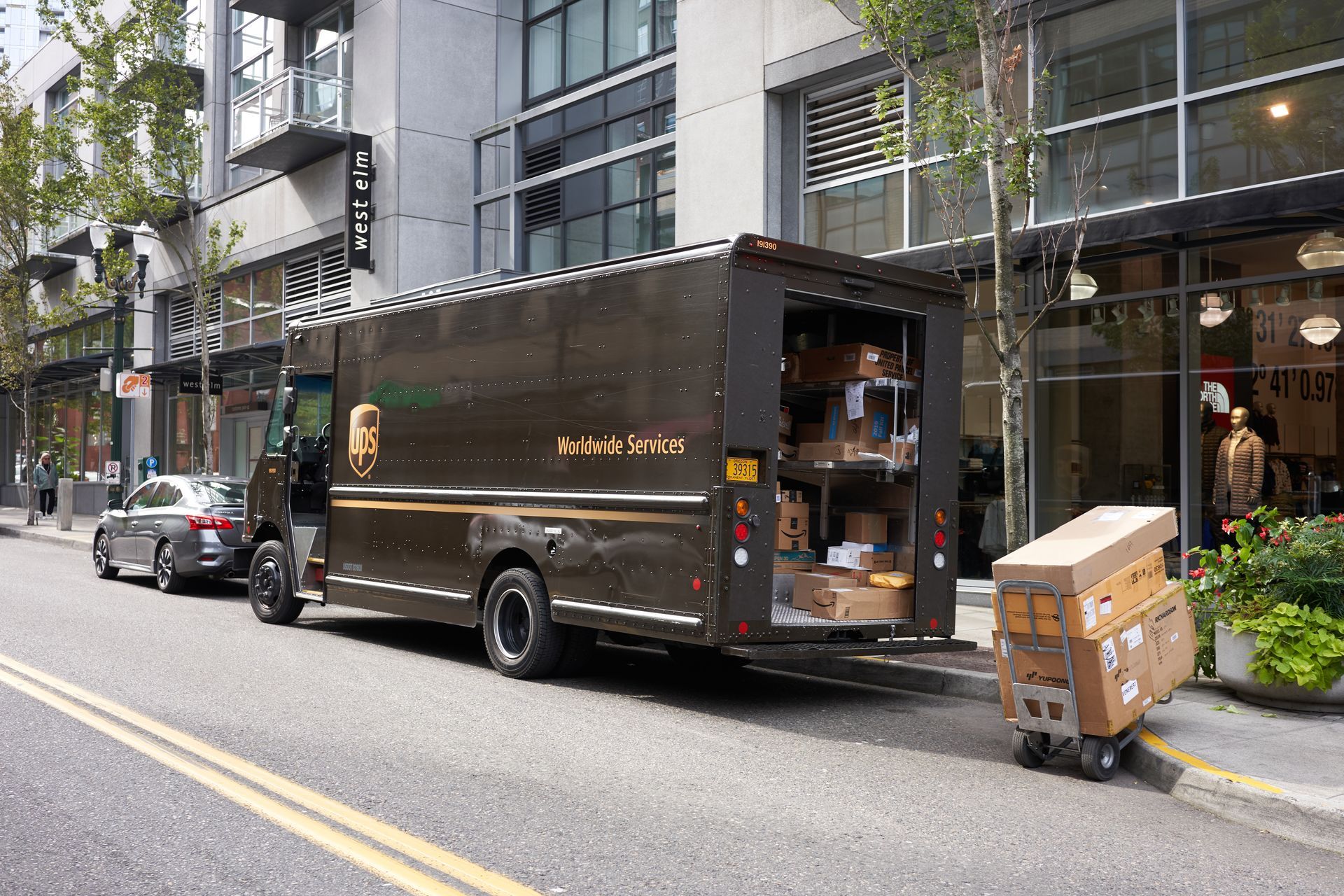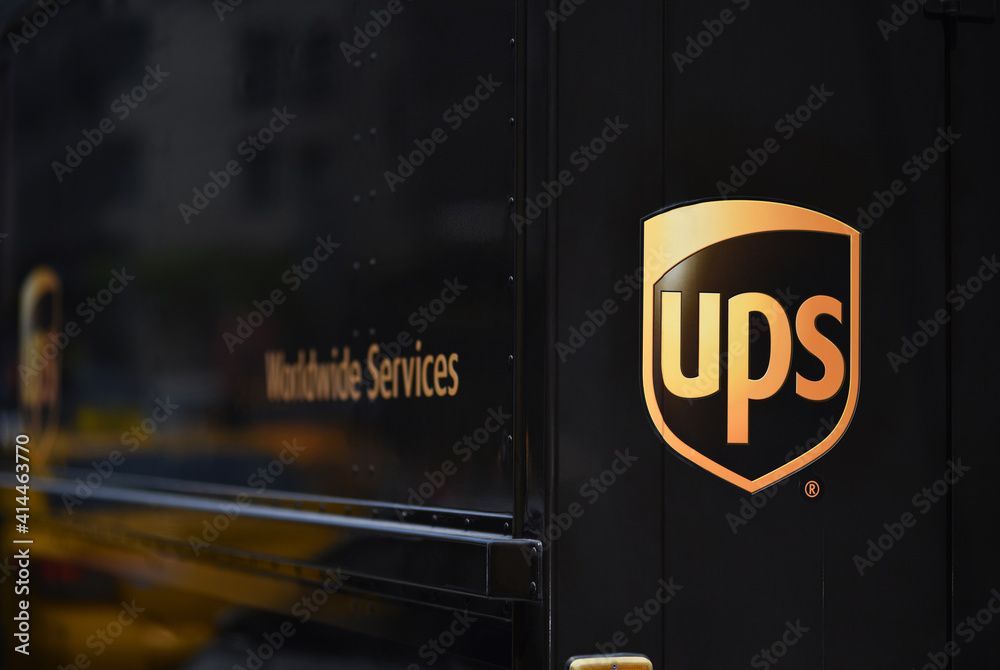Increase in UPS Fuel Surcharges
Increase in UPS Fuel Surcharges is having significant impact on businesses and consumers.

The recent increases in UPS fuel surcharges have significant implications for businesses and consumers alike. As of August 2024, UPS implemented its fifth fuel surcharge hike since December 2023, reflecting broader trends in the industry where surcharges are rising faster than actual fuel costs. These surcharges, initially intended as temporary measures to cover fuel cost fluctuations, have now become a permanent part of the pricing structure.
The UPS Ground and Air services, as well as international shipping, are all impacted by these increases. For example, the most recent adjustments added between 0.5% and 2.25% to existing surcharge rates. These changes often exceed the corresponding increases in diesel and jet fuel prices, which many in the industry view as a method for UPS to offset other operational costs, including it’s recent multibillion-dollar labor agreement. Read more on 2024 UPS & FedEx General Rate Increase.
For businesses, particularly those that rely heavily on shipping, these surcharge increases translate into higher overall costs. This could potentially lead to increased product prices for consumers; businesses may need to absorb the costs, affecting their profit margins. The cumulative impact of these surcharges, along with other rate increases, creates a challenging environment for shipping-dependent companies, particularly during peak seasons when additional surcharges also come into play.
It's important for businesses to monitor these changes closely and consider negotiating contracts or exploring alternative carriers if the cost impact becomes too severe. Mindful Logistics can help you save.
Ready to work with Mindful Logtistics?
Let's connect! We’re here to help.
Send us a message and we’ll be in touch.
Or give us a call today at (919) 368-6169
Agency Contact Form
More Info on Shipping and Saving




